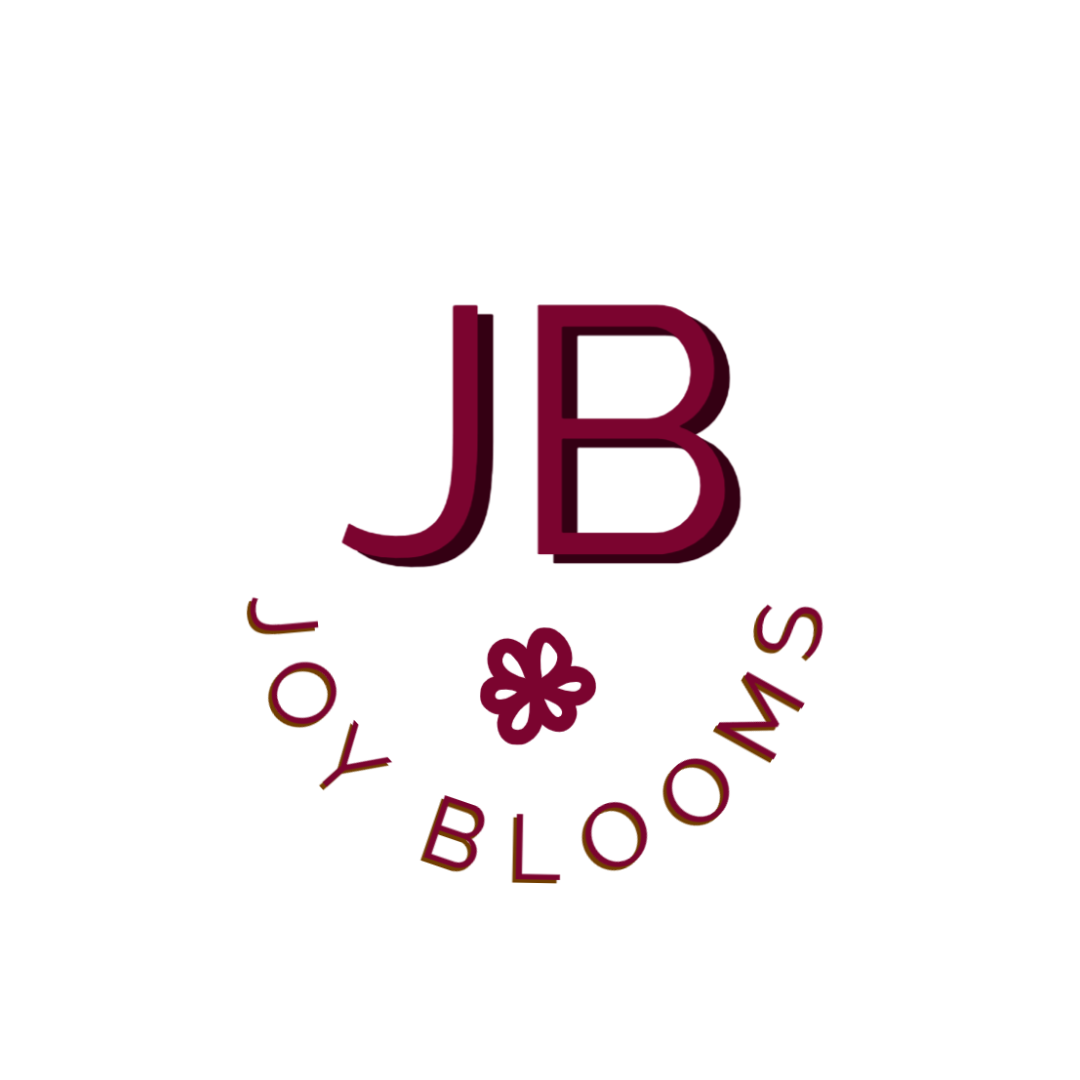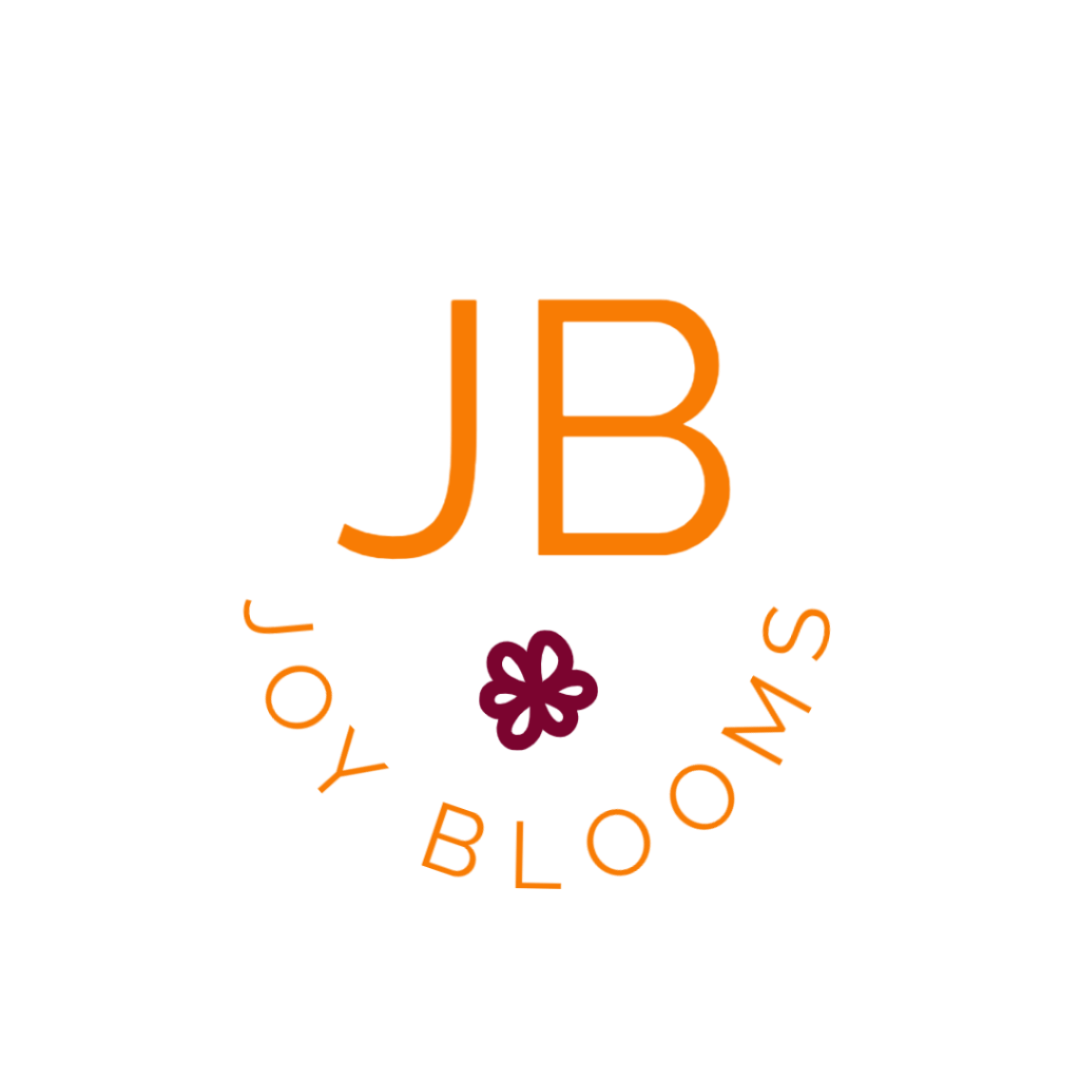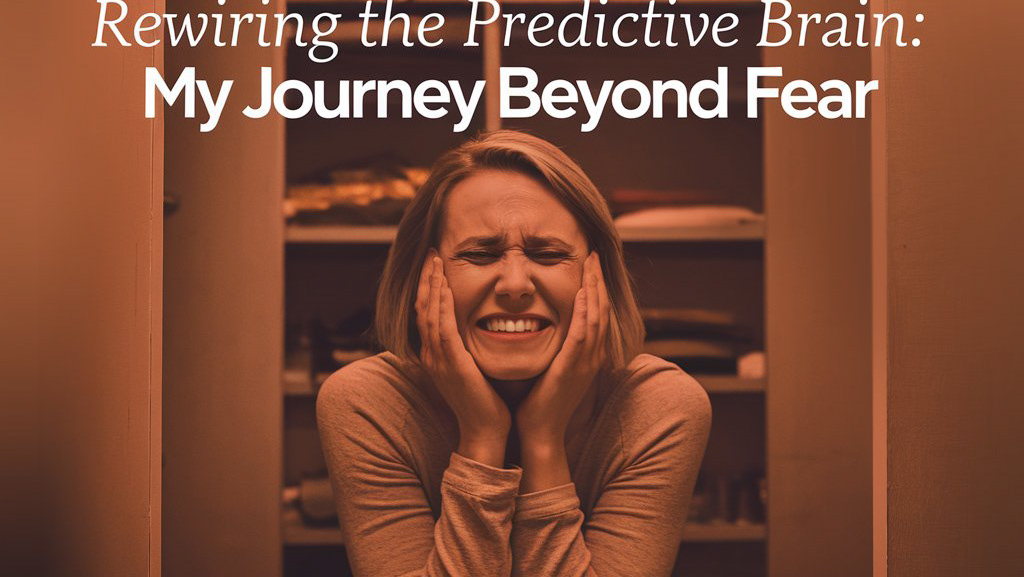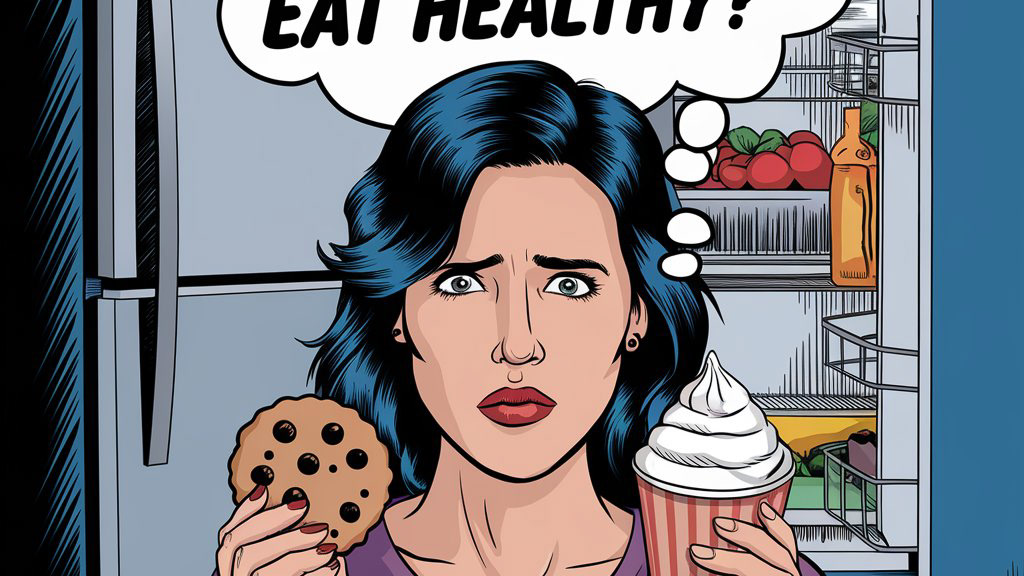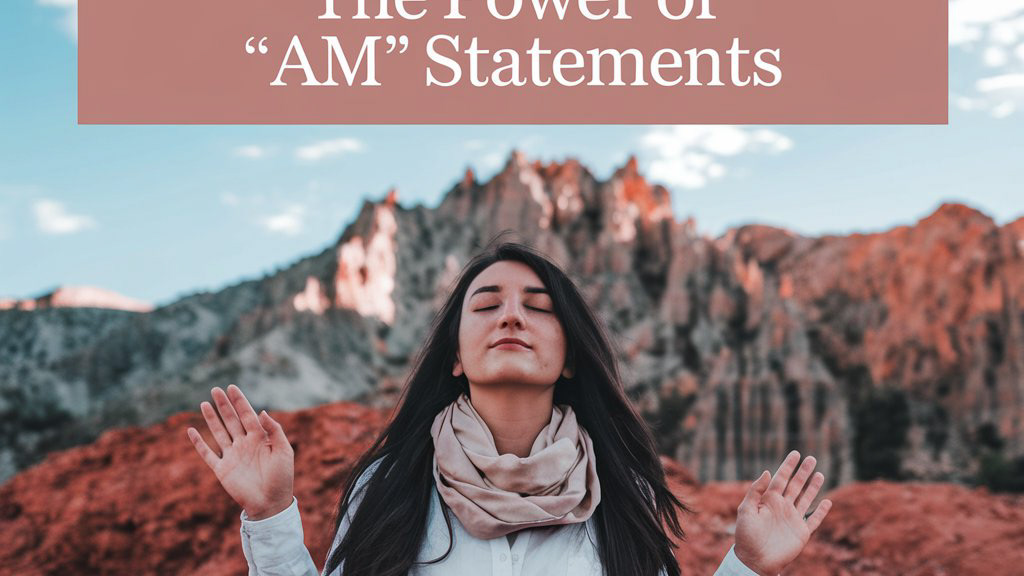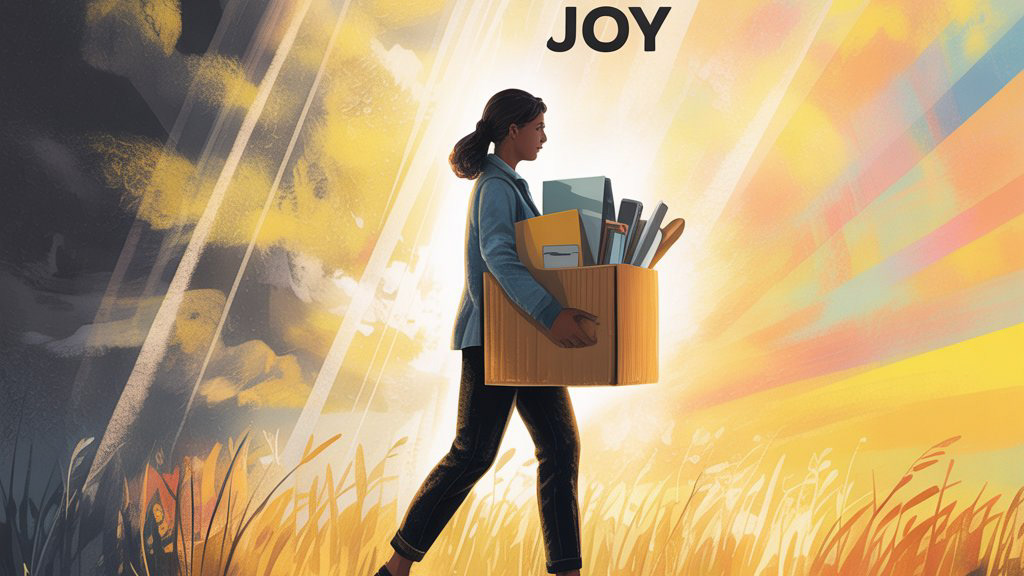I’ve been exploring how to manage my reactions and responses, and it has been an insightful journey. One key realization is the importance of distinguishing between reacting impulsively and thoughtfully choosing how to respond. Reacting often leads to undesirable outcomes—like the time I panicked about losing my keys at the bank. In contrast, choosing a response allows me to stay in control and make more intentional decisions.
When I’m feeling unsettled, I’m more likely to act impulsively. To counter this, I’ve started observing my thoughts and emotions while incorporating twice-daily meditation into my routine. These practices have been incredibly helpful.
I’ve also developed a three-step process that I now apply in my relationships:
Stop: When I feel triggered, I pause completely. I ensure I don’t say or do anything immediately—like pressing a mental pause button.
Drop: I mentally step back from the situation, reminding myself that I am experiencing my thoughts and feelings, but they do not define me.
Don’t Respond: I observe my thoughts and feelings without reacting automatically. Instead, I reflect on whether a response is even necessary. Often, silence or inaction proves to be the best choice.
By practicing these steps, I’ve accessed greater inner wisdom and achieved a deeper sense of peace.
Sometimes, I overreact to situations; at other times, I feel as though my responses are beyond my control. Recognizing my triggers—such as certain people, situations, or even particular smells—has been a vital step. I now ask myself reflective questions like, “What am I really reacting to?”
I’ve also discovered that my physical and mental health significantly impact my emotional responses. Poor sleep or nutrition makes me more prone to overreaction. To address this, I’ve adopted several strategies to regulate my emotions:
Thinking the opposite: It might sound silly, but if I feel sad, I counter it by telling myself, “I am happy and grateful.”
Reframing situations: When things don’t go as planned, I remind myself, “This is what’s happening right now.” Accepting what cannot be changed helps me move forward.
Viewing as an observer: I imagine how an outsider, like an alien, might objectively view the situation. Often, the problem seems far less dire from that perspective.
Shifting focus: I redirect my attention to something unrelated—reading, listening to a podcast, exercising, or baking cookies. Anything that fully engages my mind helps break the cycle of overthinking.
Self-care remains a priority. I ensure I sleep well, eat healthily, and engage in activities that bring me joy—like crafting paper flowers!
With consistent practice, this approach has illuminated the choices available in every moment. It has brought me greater peace, stability, and joy—qualities we all strive for. Most importantly, I’ve developed the ability to observe without reacting immediately, unlocking a deeper well of wisdom.
Stay aware and stay rooted in joy!
Share your thoughts! I would love to hear from you!
Thank you!
